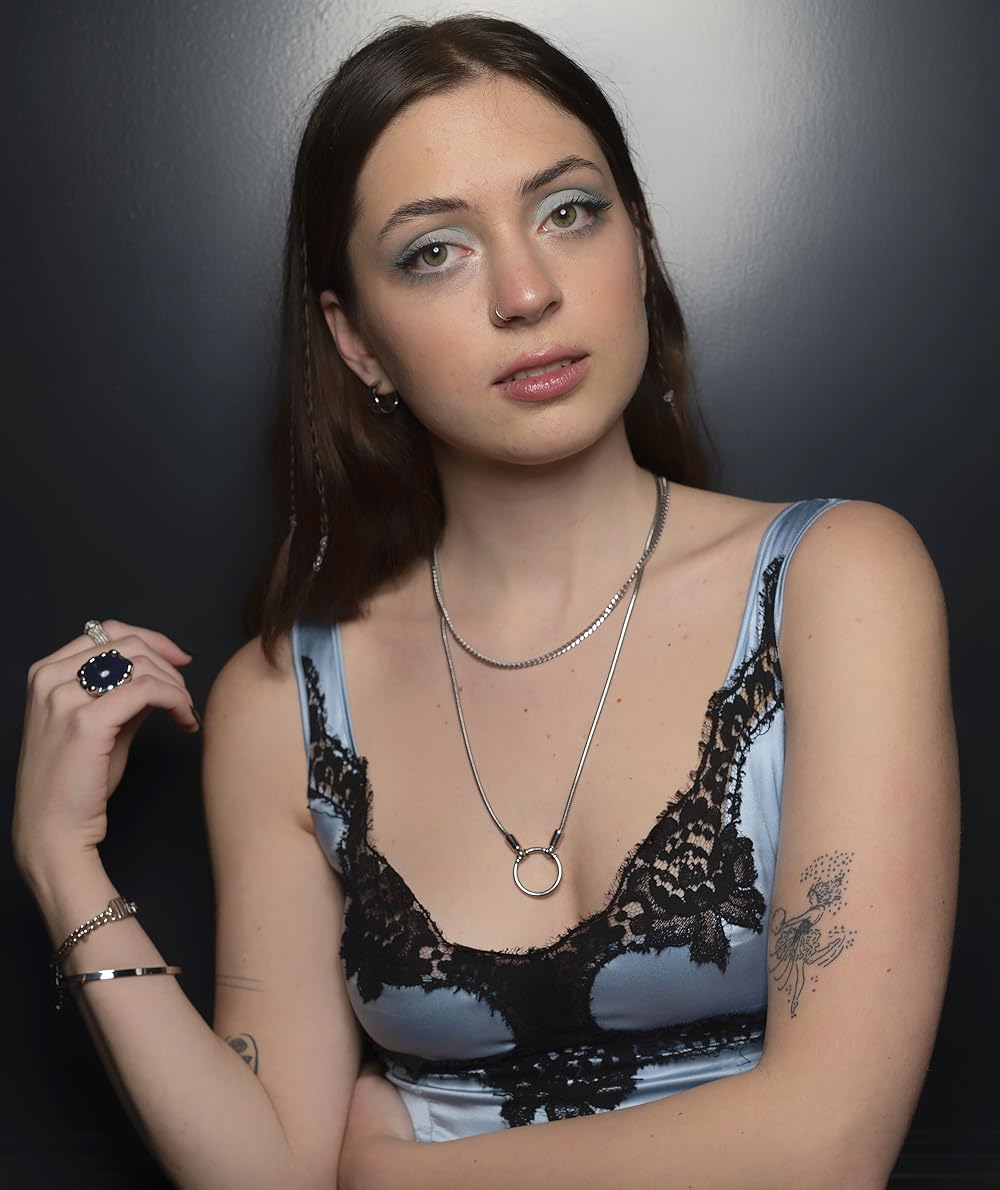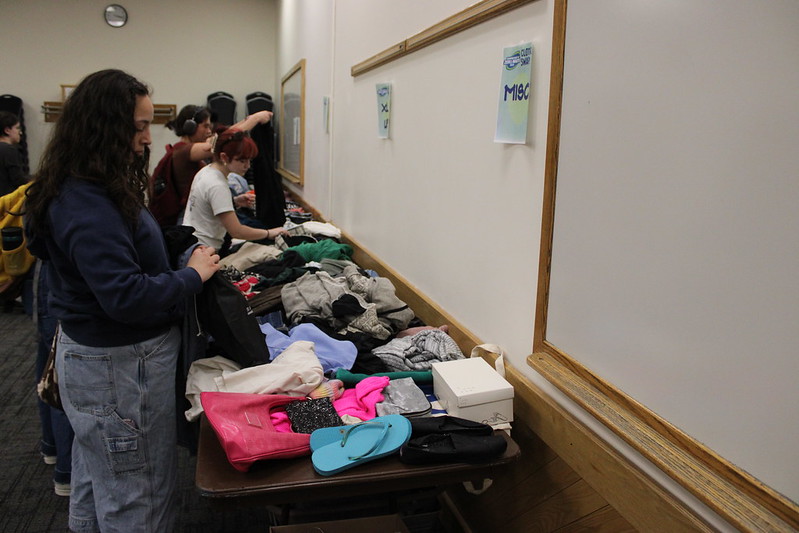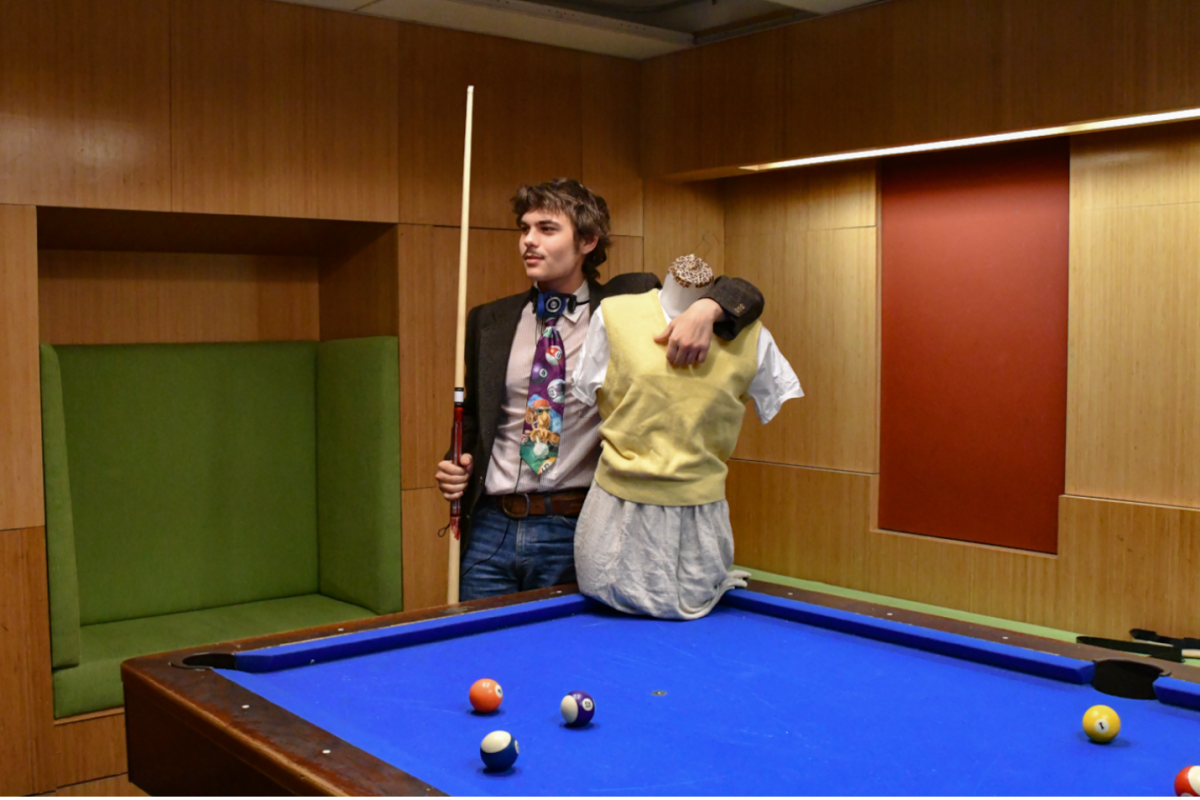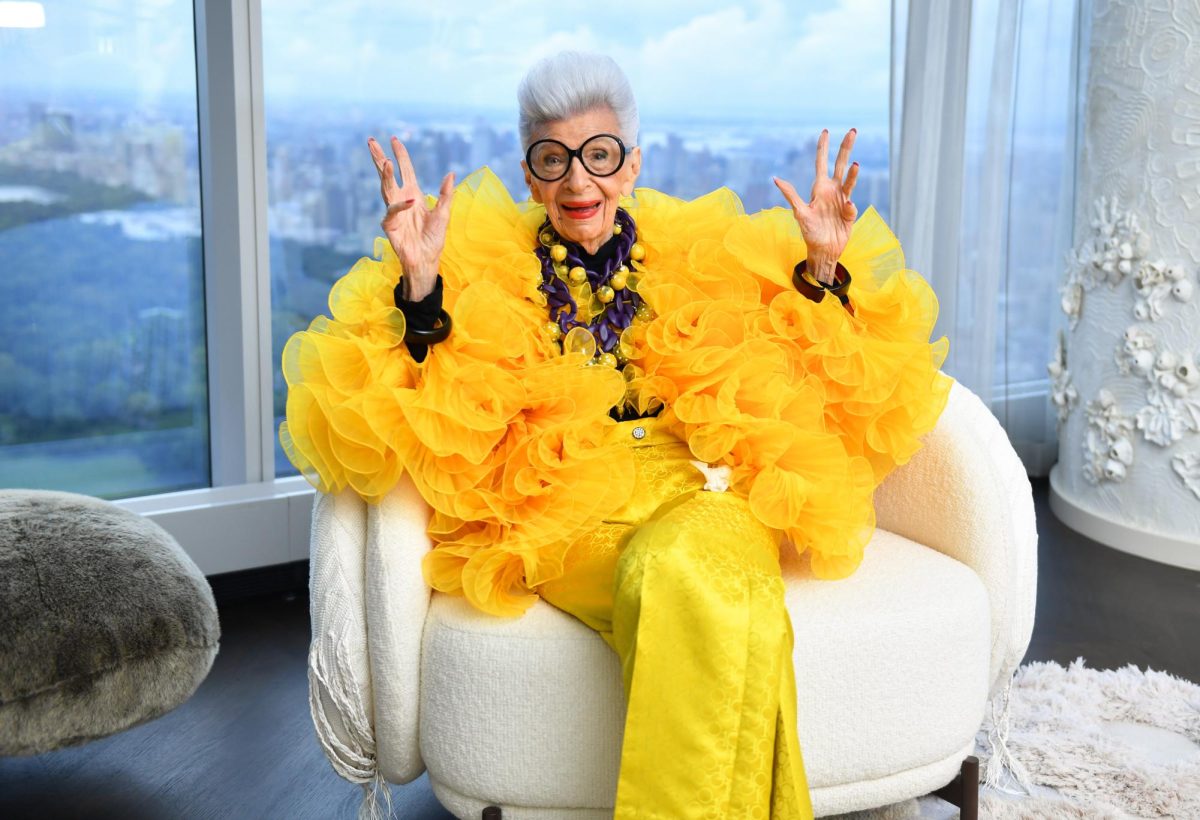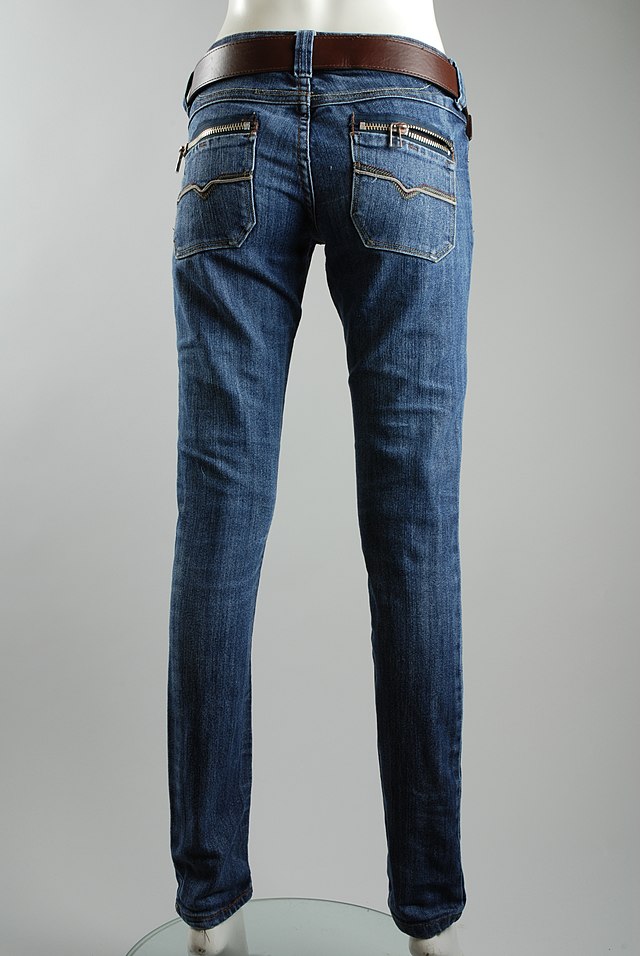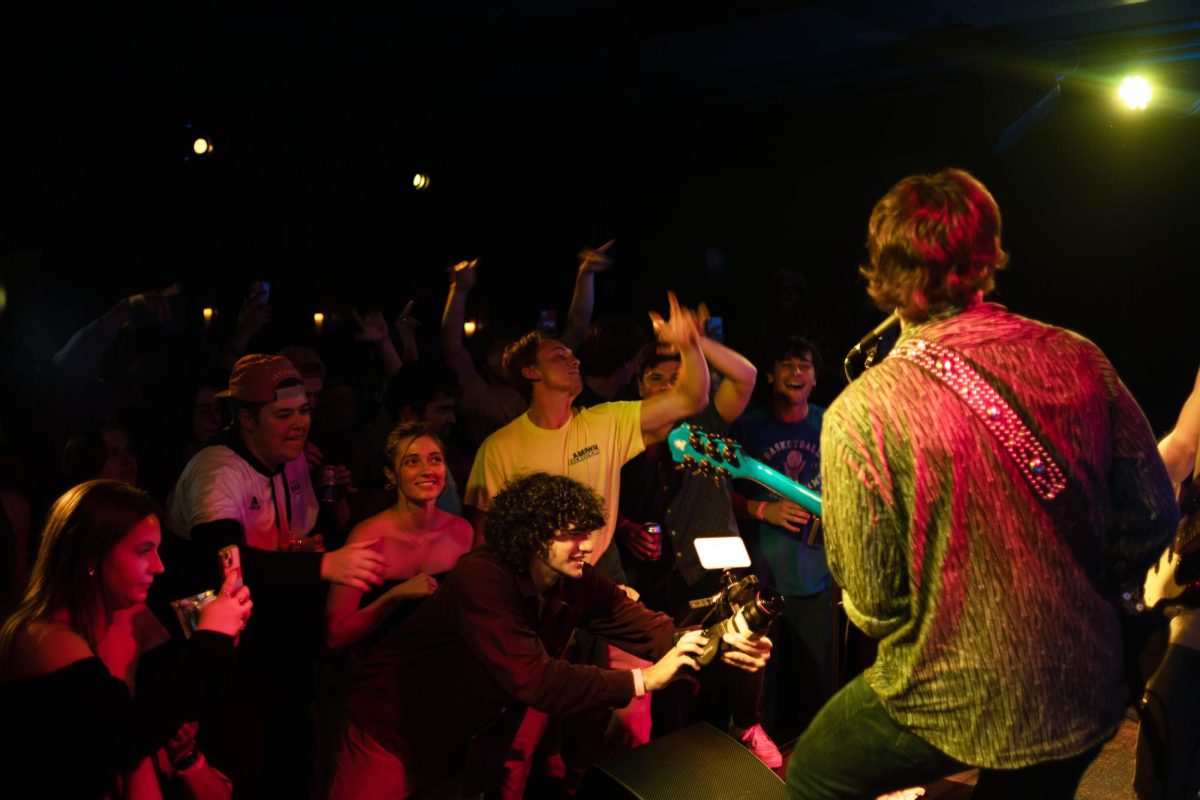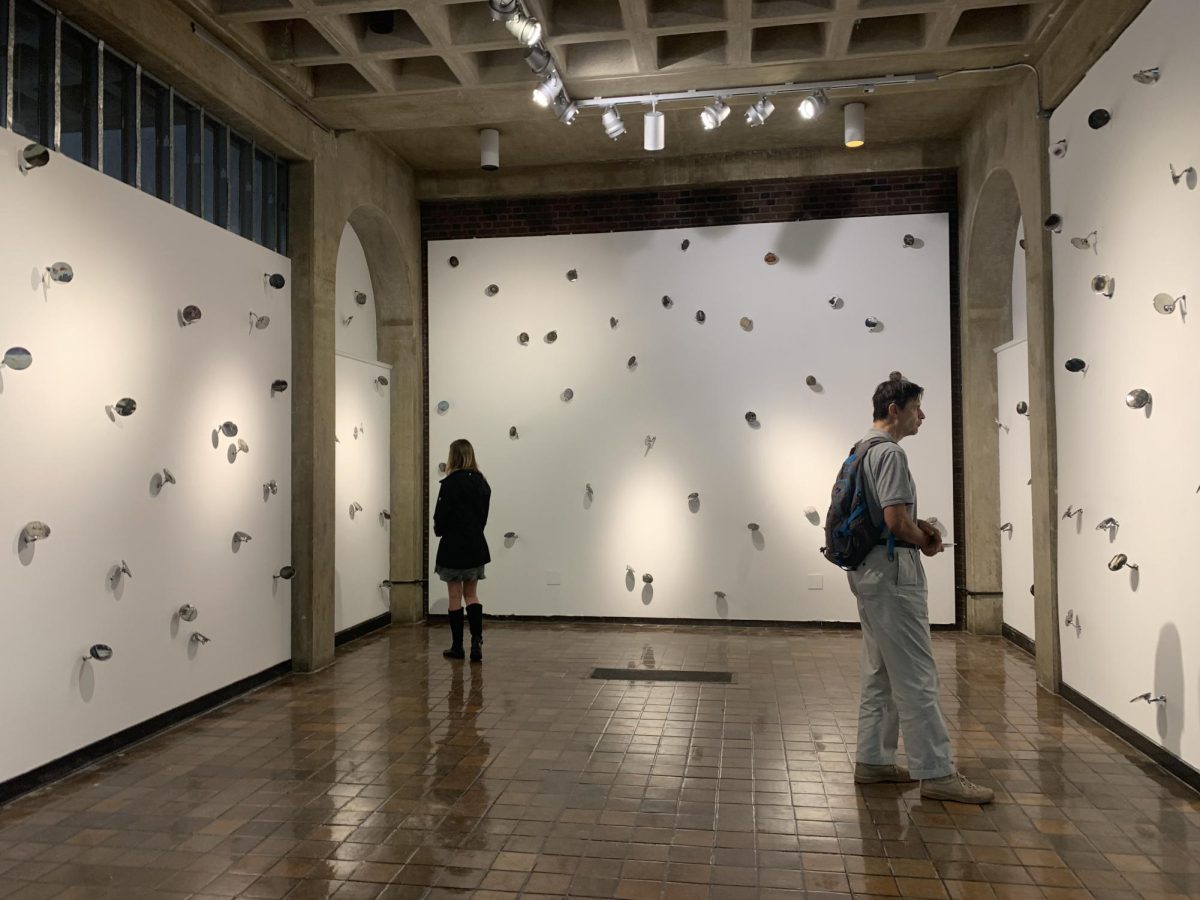
Within brief runtimes, this year’s Oscar-nominated live action shorts delve into broad topics like immigration, alienation, ennui and suicide. Ambitious as some of these films are, they also maintain an endearing sense of simplicity; fancy camerawork, special effects and scores find no quarter here. But what’s most impressive about these small films is their ability to study vast social concepts and to grasp at their deep philosophies.
Here’s a look at this year’s nominees for Best Live Action Short:
“Boogaloo and Graham”
Clocking in at 14 minutes, “Boogaloo and Graham” holds the honor of shortest Live Action Short this year. A tender dramedy set in 1970s Belfast, Northern Ireland, this short film follows two brothers after their father (Martin McCann) gives them each a chick as a gift. However, a pregnancy in the family threatens the space the family gives to the chicks.
While a sweet tale, “Boogaloo and Graham” is the most superficial of its contemporaries. A stylish juxtaposition between imposing Belfast soldiers and the father huddling two chicks makes for some interesting foreshadowing, but otherwise, the short wraps up expectedly with little to say. While it is a feel-good affair, it won’t have the grit to take home the award.
“Parvaneh”
“Parvaneh” follows its titular protagonist (Nissa Kashani), an Afghan girl living in Zurich, as she searches for a way to send money to her ailing father back home. Director Talkhon Hamzavi deftly establishes a sense of alienation. When Parvaneh gazes at a mountain of myriad lipsticks, I felt just as lost as she does. Throughout the film, she struggles to breach a language barrier until she meets a willing stranger who takes her on an odyssey through a night of Western culture. Like “Boogaloo,” “Parvaneh” can’t boast eye-popping style, but its tender tale of budding friendship charms nonetheless.
“The Phone Call”
I was reminded of “Locke,” another British film, when I saw “The Phone Call.” Whereas the Tom Hardy drama plants us in a car, this Sally Hawkins vehicle focuses on a phone call she receives at her desk. An employee for a crisis hotline, Heather (Hawkins) answers a call from Stan (Jim Broadbent), whose distressed rambling peels back the layers of his pathos.
Directed by Mat Kirkby, “The Phone Call” raises tension like a good thriller. Quick cuts focus on Heather’s thumbs tapping her watch, ever reminding her that time is running out. The pace of those cuts keeps pace with her desperation. Then they slow. The rhythmic editing adheres perfectly to Heather’s pulse.
Both Hawkins and Broadbent deliver stunning performances. Although the camera rarely leaves her desk, I never felt as stuck as I should have. Her facial expressions and voice kept me rapt. At the same time, Broadbent enthralled me with a purely vocal performance. His voice emotes ocean’s deep despair. Despite remaining faceless, I could picture his teary eyes with every word he whispers into Heather’s ear.
“The Phone Call” falters by bookending itself with a paltry romance. When Heather first walks in to her office, the timid exchange between her and a coworker actually misguided me on the following narrative, and it took a few moments to realize the film wouldn’t actually study them. Then after Heather and Stan’s riveting exchange, the narrative wanders back to that timidity. Thematically it makes sense. In execution, it detracts from an otherwise wonderful film.
“Butter Lamp”
Here’s the most unique film I’ve ever seen. Throughout the entirety of “Butter Lamp,” its camera never moves. It centers upon a stool and a changeable backdrop that a photographer changes after each photo he takes of varying villagers. It’s as if Wes Anderson stepped in to frame the first symmetrical shot, but then just left it for the next 15 minutes.
As each photograph is staged and then broken down, the photographer speaks with the mayor of the village and other villagers. Through these conversations, we get a glimpse at their world. Then the backdrop slides up slowly. Behind it lies the truth about this world, an ending so poetic and profound you’ll ponder it for hours after the screen goes black.
“Aya”
“Aya,” a French-Israeli short directed by Oded Binnun and Mihal Brezis, follows the titular woman (a mesmerizing Sarah Adler) after she picks up a Danish stranger, Mr. Overby (Ulrich Thomsen), at the airport. Her decision to spontaneously deceive this man acts as the film’s central mystery. The answer is far less interesting than what bookends it.
Adler’s acting is at once charming, hilarious and melancholy. As she sizes up Overby at the airport, you can tell she’s as innocent as a child playing a game. She deceives him playfully, as if on a whim. Her confession to Overby had me laughing more than any comedy I’ve seen this year, while her resigned acceptance of alienation from her loved ones broke my heart. Adler owns this film. It’s hers and hers alone.
Meanwhile, the film itself shines with a magical sense of adventure and wonder. The intimacy the characters share on a drive to Jerusalem leaps off the screen. It’s the same magic that permeated “Lost in Translation.” Innocence and intimacy abound in “Aya,” and the film is as beautifully bittersweet as Aya’s expression as Overby plays piano on her hand.
Alexander Frail can be reached at [email protected] and followed on Twitter @AlexanderFrail.


